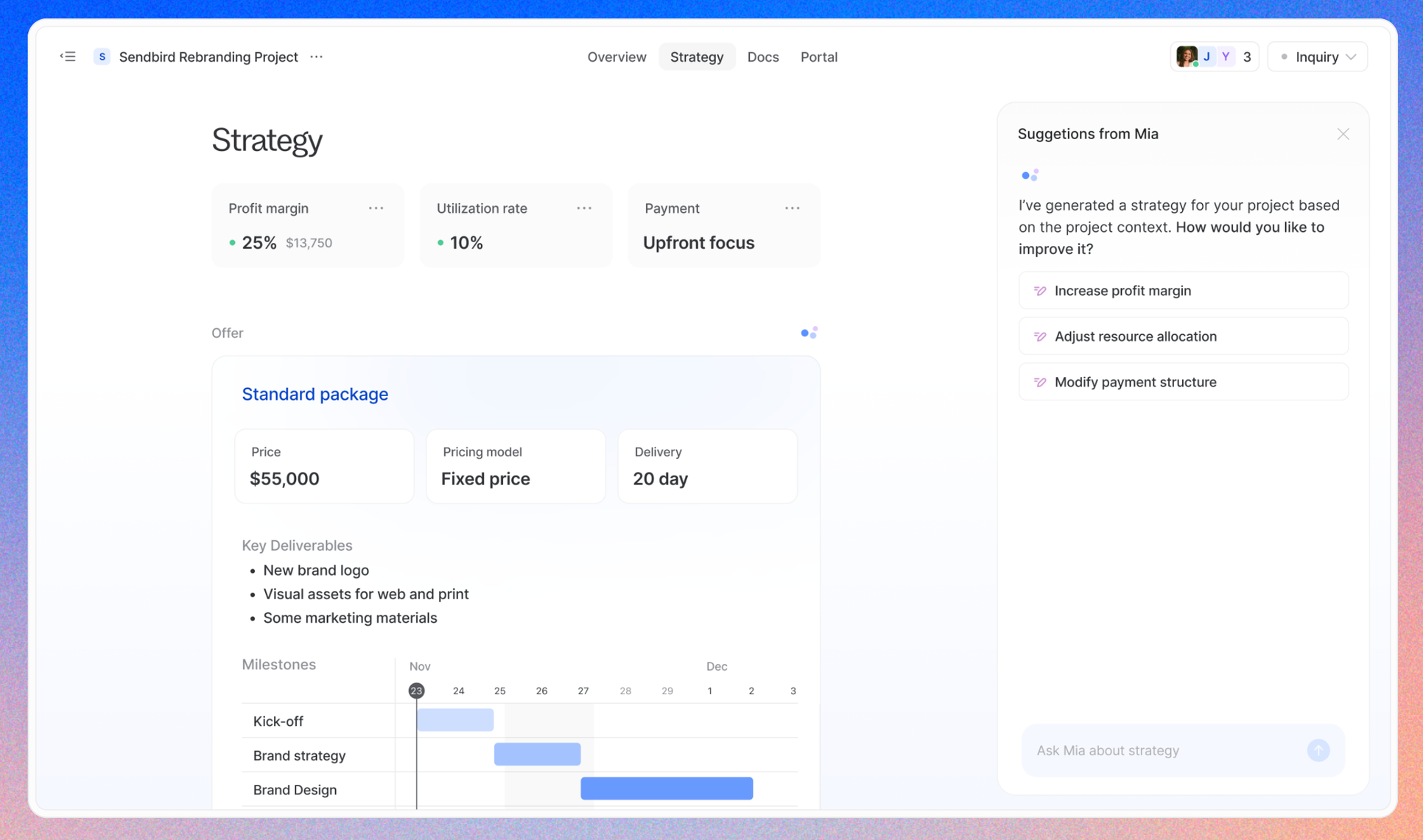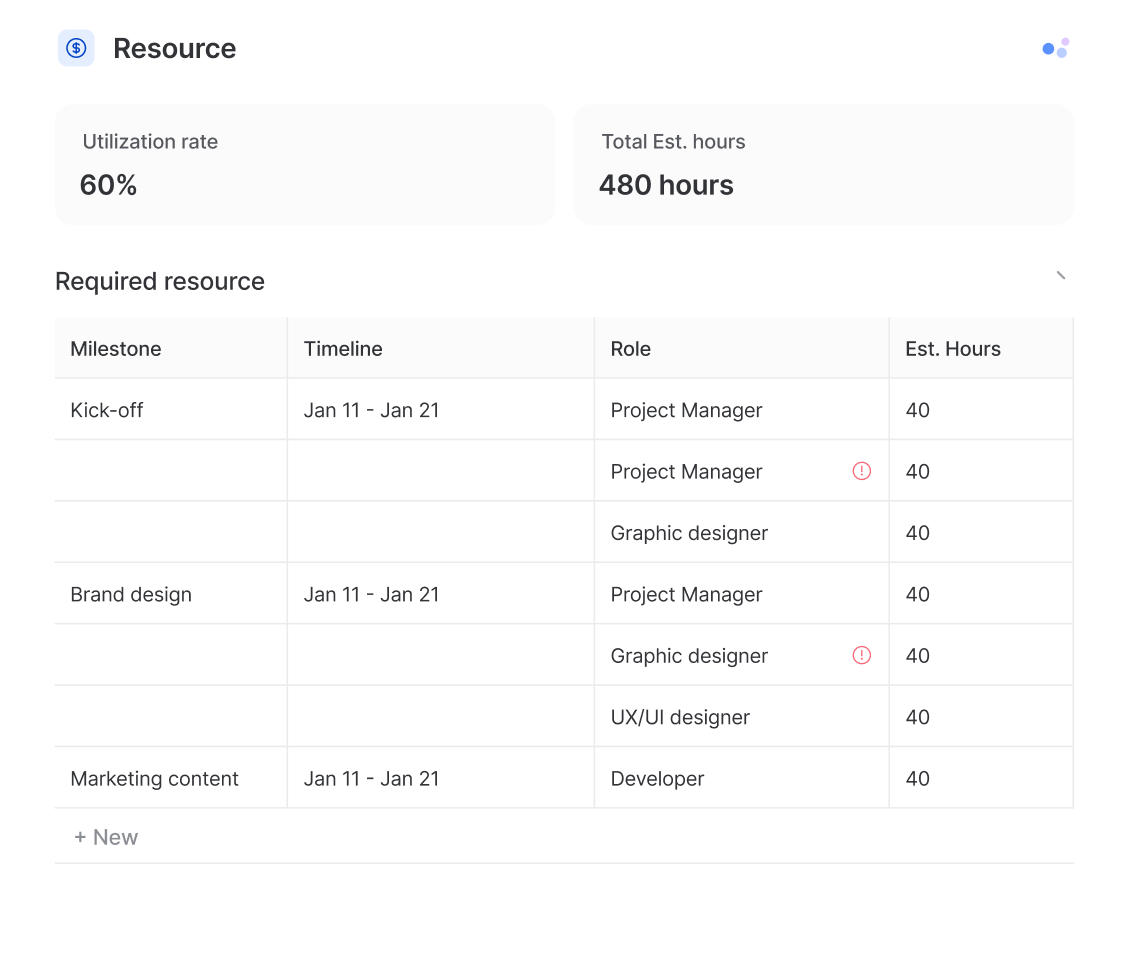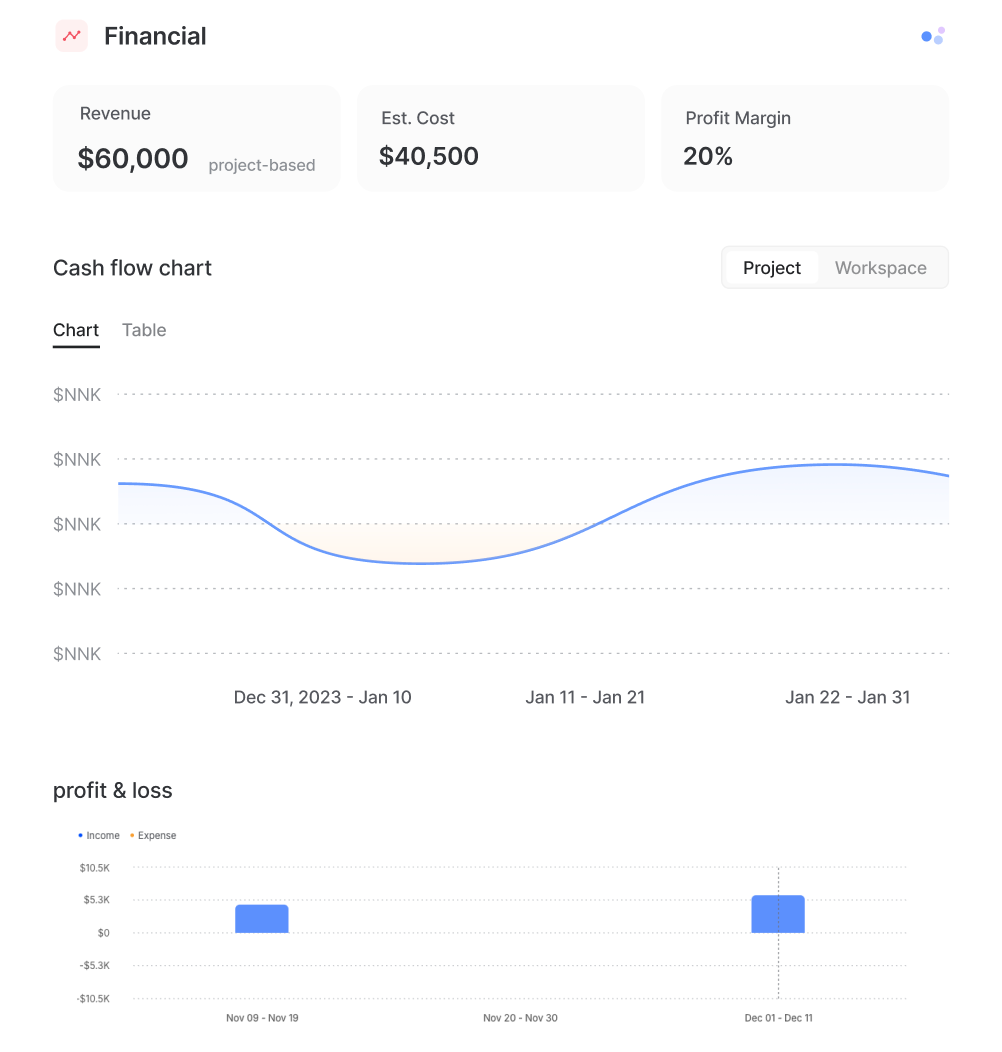Managing website projects requires careful planning, clear and regular communication, and solid process. In this comprehensive guide, we'll explore how modern agencies are managing multiple projects and processes that they using.
According to industry research, over 40% of projects fail to meet time, budget, or quality expectations - making proper management crucial for success. So how can you make sure you will not be included in this 40% when the next research is conducted?
First, we have to make sure we have defined phases to manage and re-asses if the project is going according to the plan. It's like having a checkpoint.
Essential Phases of Website Project Management
The journey of successful website development begins with well-defined phases. Think of these phases as your project's backbone – each vertebra supporting the next, creating a structure that can flex and adapt while maintaining strength.
Project Manager's Note: "Create a visual project roadmap that all stakeholders can access. Tools like Gantt charts or Kanban boards make project phases tangible and progress visible."

Discovery and Planning: Setting the Stage for Success
The discovery phase is where great projects are born. During this critical period, your team works closely with stakeholders to uncover the true essence of what needs to be built. This isn't just about gathering requirements – it's about understanding the client's vision and translating it into actionable goals.
Industry Insight: The most successful projects spend 2-3 times longer in the discovery phase than average. Every hour spent in discovery saves 10 hours in development.
Design and Development: Where Vision Meets Reality
Once the groundwork is laid, the creative process begins in earnest. Modern agencies are increasingly adopting an iterative approach to design and development. Rather than working in silos, designers and developers collaborate closely, ensuring that beautiful designs translate into functional websites. Hold weekly design-dev sync meetings. When designers understand technical constraints and developers appreciate design intentions, magic happens."
Quality Assurance: The Guardian of Excellence
Quality assurance isn't just a phase – it's a mindset that should permeate the entire project lifecycle. However, dedicated testing periods are crucial for ensuring that the final product meets all requirements and functions flawlessly across different devices and browsers. Create a living QA checklist that evolves with each project. Document every bug you find and its solution - this becomes your quality blueprint for future projects.
Launch and Beyond: The Journey Continues
The launch of a website isn't the end – it's a new beginning. Successful agencies have robust post-launch procedures that include monitoring, maintenance, and optimization. Always launch on a Tuesday or Wednesday morning. You'll have full team availability for several days to address any issues, avoiding weekend emergencies.
Value-Added Tip: "Transform basic maintenance contracts into retainer packages that include KPI reporting, allocated hours for site updates, and direct access to your team. By bundling these high-value services into your retainer, you're not just maintaining a website - you're becoming an indispensable strategic partner in your client's digital 4 success."
Breaking Free from the 40% Club
Transparent Communication
Communication isn't just about regular updates – it's about creating an environment where concerns can be raised early and addressed promptly. If you think something might become a problem, mention it in your next status update. Early warnings prevent fire drills.
Adaptive Planning
While having a solid plan is essential, the ability to adapt that plan without losing sight of core objectives is equally important. Plan in two-week sprints, but review priorities weekly. The market doesn't wait for your project timeline to complete.
Remember, successful website project management isn't about avoiding all problems – it's about having the systems and processes in place to handle challenges effectively when they arise. The best project managers don't just manage timelines and resources - they create environments where great work can happen naturally.
Resource Management
Chances are you are managing multiple projects at a given time. Recent industry data reveals a striking reality: 59% of project managers simultaneously handle between 2 to 5 projects, while an impressive 15% manage more than 10 concurrent projects. So it is critical that when taking on a new project, always make sure you have 100% understanding of your teams availability to make better resource allocation plans.
The complexity of modern project portfolios demands a systematic approach to resource allocation. Successful project managers maintain a clear overview of their team's capabilities, including:
- Team member expertise and seniority levels
- Current utilization rates across projects
- Cost-effectiveness of service delivery
- Real-time availability considering planned leave and holidays
Resource Management Insight: Don't just track who's available - understand your team's capacity, skills matrix, and utilization rates. A well-documented resource plan is your roadmap to preventing burnout while maximizing productivity.

This strategic approach to resource management isn't just about avoiding bottlenecks – it's about creating a sustainable workflow that ensures project success while maintaining team well-being. By leveraging modern project management platforms, agencies can transform complex resource allocation from a potential liability into a competitive advantage.
Timeline and Cash flow management
The numbers tell a sobering story in the project management landscape: while 43% of agencies consistently deliver projects within budget, only 29% manage to meet their timeline commitments. These statistics from Wellingtone's research highlight a universal challenge in project management - the delicate balance between time and resource management.
Pro tip: Make sure to track your project burn rate weekly throughout the project lifecycle. When you spot budget deviations early, you can make micro-adjustments rather than facing major overruns that require difficult client conversations and maintain positive cashflow

The key differentiator between successful project managers and others isn't in avoiding all challenges - it's in how they anticipate and respond to them. The most effective project managers:
- Build buffer time into their timelines for unexpected hurdles
- Monitor progress through measurable milestones
- Maintain transparent communication about potential delays
- Document scope changes and their impact on deadlines
This proactive approach transforms potential project delays from crisis situations into manageable challenges, ensuring that even when timelines shift, they do so within acceptable and communicated parameters.
Effective website project management requires consistent application of proper planning, clear processes, and regular monitoring of key metrics. By implementing these strategies and maintaining strong communication channels, your team can significantly improve project success rates and deliver better results for clients.




